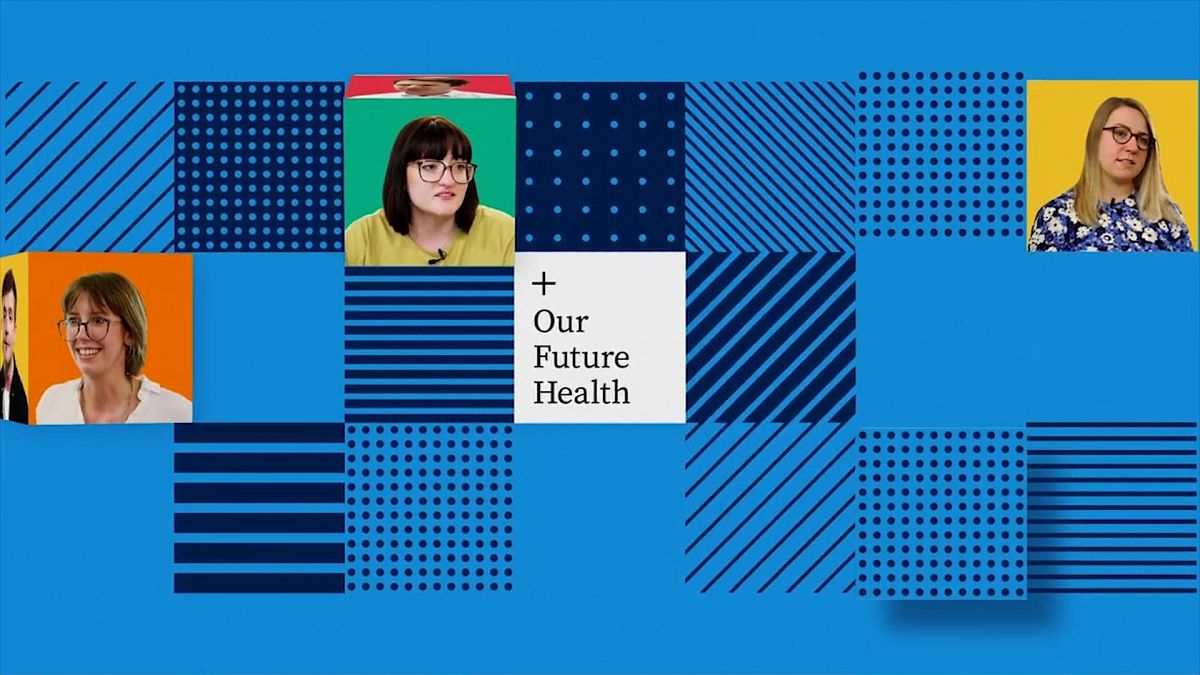The “Our Future Health” scheme aims to study medical samples and data from 5 million people to help detect and treat diseases in their early stages.
The UK has just launched its largest ever national healthcare study, which aims to transform the prevention, detection and treatment of conditions such as dementia, cancer, diabetes, heart disease and strokes.
Our Future Health is a publicly funded scheme, with additional investments from healthcare companies like AstraZeneca. The research will be launched in collaboration with charities including Cancer Research UK and the Alzheimer's Society.
"Early detection of dementia is really difficult at the moment. We don't have the tools and the specific techniques and the specific diagnostic technologies in the clinics,” said Katherine Gray, Research Communications, Alzheimer's Society.
“Initiatives like Our Future Health, looking at large-scale datasets and collecting blood samples at that large scale, will allow us to look for trends and patterns to help us develop those technologies for more specific diagnosis for people with dementia".
The research aims to collect and analyse medical samples and data from 5 million people across the UK, using a technology called “gene array”.
Scientists will look for particular mutations by imprinting participants’ DNA on microchips.
While the data collected won't analyse the entire genome sequence, it will be dedicated to recognising
certain changes known to be associated with specific diseases.
The UK already operates the Biobank, a similar but smaller scale project, which keeps medical information from half a million people.
Scientists say that, although it's been invaluable as a snapshot of UK society over a period of time, it is too small to identify patterns which then develop into disease.
Recruitments have already started, primarily targeting poorer economic and ethnic groups in northern England. Researchers hope to provide comprehensive feedback from the study in two to three years.
Dr Raghib Ali, the Chief Medical Officer and Joint Chief Investigator of Our Future Health, is confident that the big datasets will contribute to the prevention of common diseases.
“We know that for many of the diseases, particularly with the new advances in technology, we can detect these diseases [diabetes, heart attack and types of cancer] earlier," he said.
Dr David Crosby, Head of Prevention and Early Detection Research at Cancer Research UK, believes the big datasets will mean more significant findings.
"The more people you involve, the more hits you're going to have for any given disease. So scale absolutely matters," he said.
Researchers believe the wealth of data gained from this scheme will enable us, not only to identify different diseases, but also to predict and intervene with them through blood tests.
"We can identify from an early age, who has a higher genetic risk, they can be offered interventions, it could be behavioural change, it could be medicines, pharmaceutical interventions, it could be earlier screening for cancers. Of course, people can live longer, healthier lives," said Ali.
For more on this story, watch the video above.



